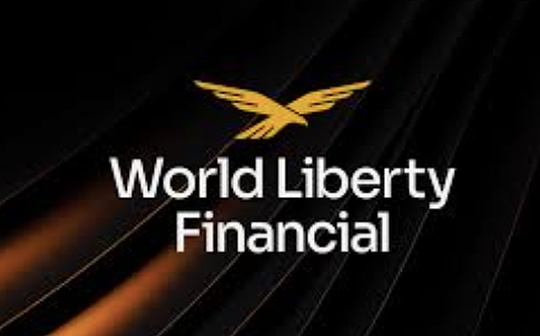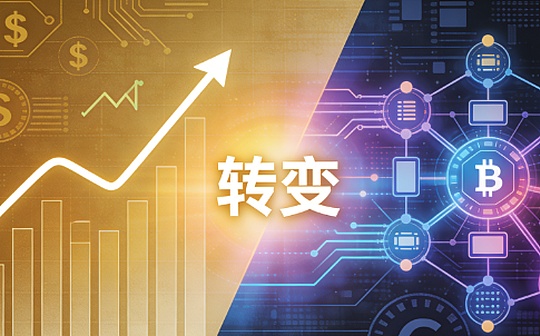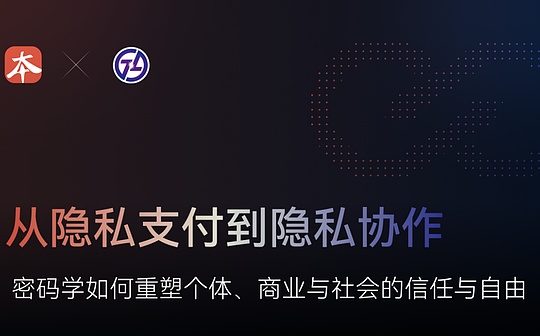
Source: Galaxy; Compilation: Bitchain Vision
On Thursday, the World Liberty Financial team blacklisted Justin Sun, the largest investor in the public offering of its token, frozen his 2.3 billion WLFI tokens with a market value of nearly $750 million.The WLF team blacklisted 269 wallets after a second round of KYC before the token issuance on September 1.After the token was issued, the team blacklisted three more wallets, including Justin Sun’s.Considering the scale of Sun Yuchen’s holding of coins, it is hard to imagine that this action was an accident.Justin Sun’s wallet controls 3 billion WLFIs, accounting for 3% of the fully diluted supply, and now accounts for more than 99% of the blacklist WLFI.This shocked Sun, who faced charges of selling user tokens on Huobi, but claimed that he did nothing wrong and was protesting the unilateral move.
The prelude to this blacklist incident is particularly shocking.Justin Sun didn’t just write a check; after he bought WLFI for $30 million last year, WLFI co-founder Zak Folkman publicly praised him for reviving the project and later welcomed him as a consultant, and the two took the stage to promote the work together.These links extend to the entire market infrastructure: Sun’s exchange HTX has become an important distribution channel for WLFI stablecoin USD1 and related points activities.World Liberty promoted HTX’s “WLFI Money-making Carnival”, providing 20% returns to WLFI holders participating in money-making activities, and even invested in Justin Sun’s TRX token, their third largest non-stable asset after BTC and ETH.With the backdrop of World Liberty Financial and Justin Sun’s mutual promotion and investment, blacklisting Justin Sun’s address is more like breaking the alliance that helped WLFI launch than a principled compliance action.
Galaxy’s opinion:
The first question that comes to mind is:Why does WLFI even have blacklisting?
This is surprising, and there are three main reasons.
First, the blacklist is not in the original contract, but is included in the proxy contract upgrade the week before the token is transferable.
Second, the blacklist in cryptocurrencies is almost entirely the authority of stablecoins, asset-backed tokens and securities tokens.This is mainly due to regulatory requirements: Comply with OFAC blacklists, seize and frozen assets under law enforcement, and various miscellaneous TradFi safety regulations.Blacklisting is not common for tokens like WLFI, a governance token designed to avoid investment status by having no connection or claim to the efforts of WLF’s economics or the WLF team, which is a key element of the Howie Test.
If there is no regulatory requirement to blacklist addresses or holders, what is the point of unilaterally freezing user tokens?This is not just for KYC execution, as they allow Justin Sun to pass two rounds of KYC, unlock and belong to his tokens and make some transfers before blacklisting him.This is not just for the purpose of sanctions, as they don’t even cover addresses on the OFAC list (e.g. 0x8576acc5c05d6ce88f4e49bf65bdf0c62f91353c)!This seems to be just for enforcing the rules of WLF, and in terms and conditions it is obvious that the WLF team formulates and interprets the rules, not the token holders.
Third and last, the Trump family made it clear that their own experience in debanking was the main driving force behind the launch of World Liberty Financial.
The obvious second problem is,What does this mean for other transactions in WLF?Especially Aave.World Liberty Financial and Aave governance both agreed to authorize Aave v3 instances to World Liberty Financial in exchange for “about 7% of the total supply of WLFI tokens.”Aave has not received WLFI tokens yet, and the WLF team has not deployed any version of the code licensed from Aave.These concerns are further exacerbated by clear risk warnings in the WLFI gold book, saying Aave integration is “potential” and “probably not happening.”If the WLF team is willing to unilaterally freeze the wallets of flagship investors, then the rational approach of counterparties like Aave is to strengthen the trading structure.If token allocation or earnings sharing is part of any partnership, they must adhere to objective on-chain conditions and custody arrangements to eliminate unilateral switching.
For the WLFI community, this event is a test of narrative.The project boasts about freedom and community rules, but its rules center powerand imposed radical control.WLFI is a brand-driven governance token whose managers have substantial independent decisions on the participants and times.This does not prevent its success, but it does compress the group of buyers who can withstand the risk of free counterparty as set out in the contracts and terms and conditions.In the release week, silently freezes the largest public investors, setting high standards for future communication and governance processes to alleviate concerns.If the WLF team can achieve this standard by interpreting it, documenting it, and binding it on the chain, they can rebuild confidence.
But at present, World Liberty Financial has revised the terms of the transaction with Justin Sun.Pray that they don’t make further changes to you, WLFI holders.








